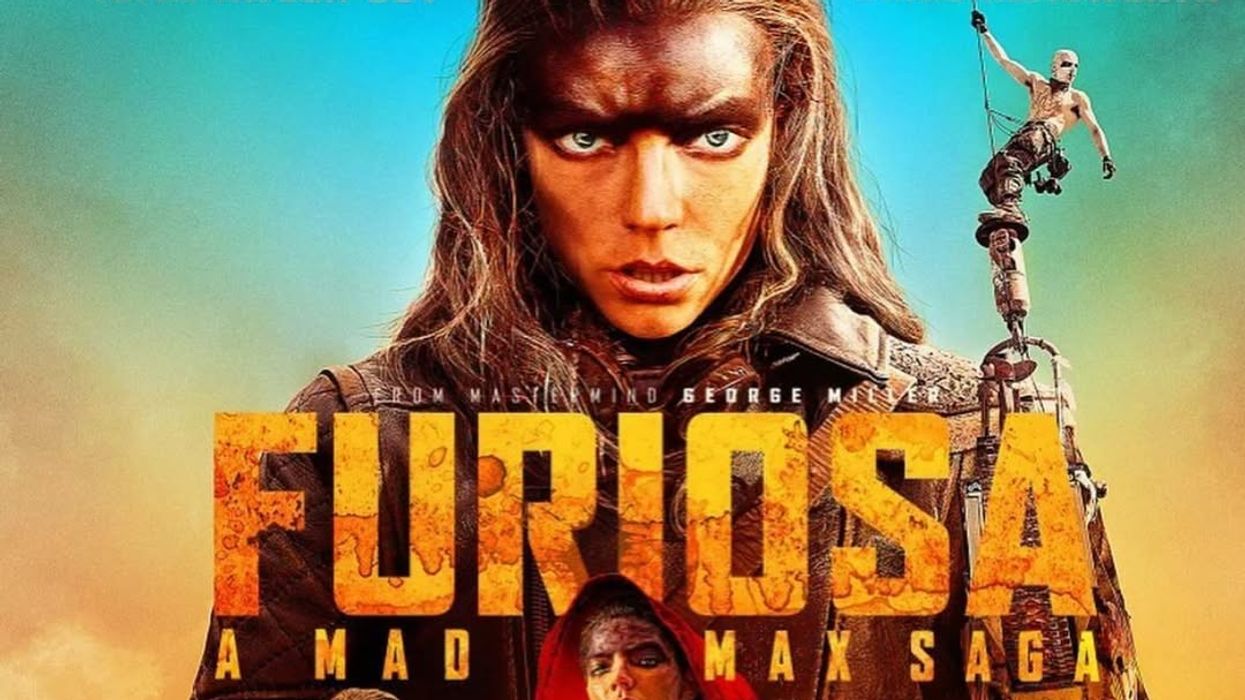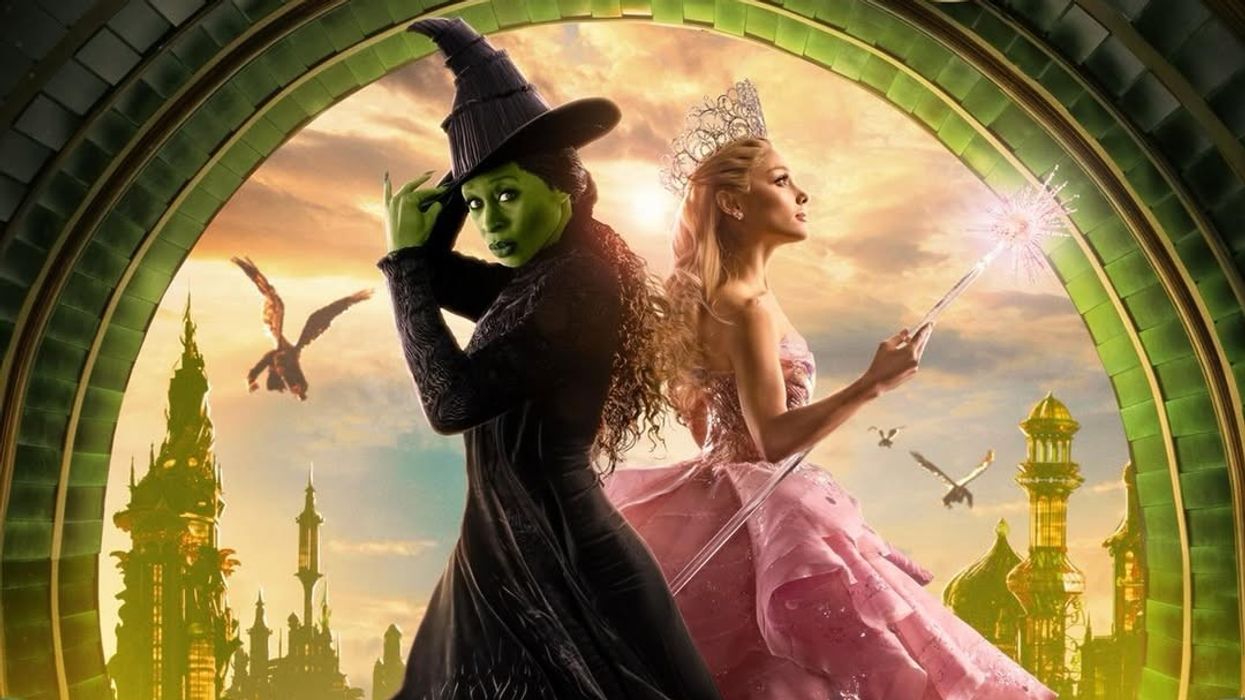For the first time, more than half of the biggest box office hits in 2024 featured a female lead or co-lead, marking a significant shift in Hollywood’s casting trends. A report by the USC Annenberg Inclusion Initiative revealed that 54% of the top 100 films had a central female character, a dramatic increase from 30% in 2023 and just 20% in 2007, when the study first began.
Dr. Stacy L. Smith, founder of the initiative, highlighted the milestone, calling it a breakthrough in gender representation. “This isn’t a sudden financial realisation, but the result of years of advocacy, industry efforts, and diversity initiatives,” she stated.
Among the year’s biggest films leading this change were Wicked starring Cynthia Erivo, and Furiosa: A Mad Max Saga with Anya Taylor-Joy. The study also pointed out variations across film studios. Universal Pictures had female leads in nearly 67% of its top films, while Sony Pictures trailed with 38.5%.

While gender representation has made notable strides, racial diversity in lead roles has declined. Only 25 of the top 100 films in 2024 featured a lead from an underrepresented racial or ethnic background, a drop from 37 films in 2023. No studio matched the U.S. population’s diversity, where people of colour make up 41.6%.
Some studios performed better than others. For instance, Paramount Pictures featured a lead of colour in 33% of its top films, followed by Lionsgate at 27.3% and Universal at 26.7%. In contrast, Warner Bros. had only 11.1%. Dr. Smith pointed out that audiences want to see diverse stories and that studios don’t have to choose between gender and racial representation. “While we’ve reached an important milestone for women, there’s still work to be done to ensure equal opportunities for women of colour,” she added. Despite the progress in female representation, the report makes it clear that Hollywood still has a long way to go in fully reflecting the diversity of its audience.




